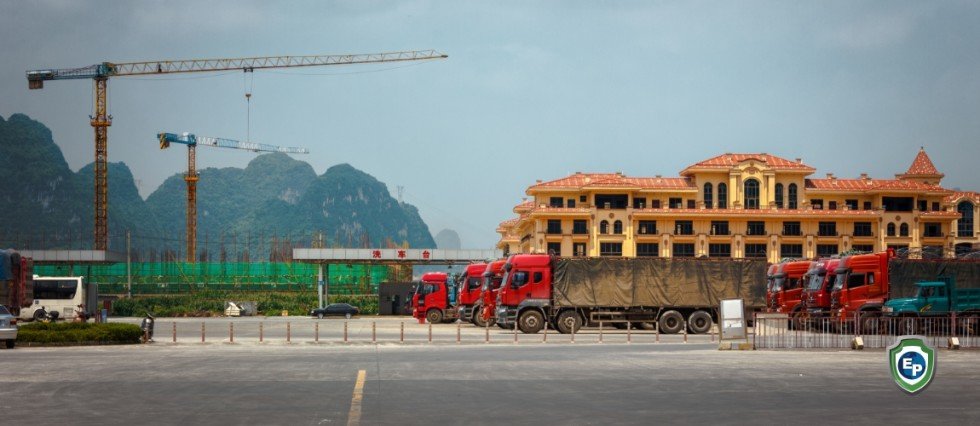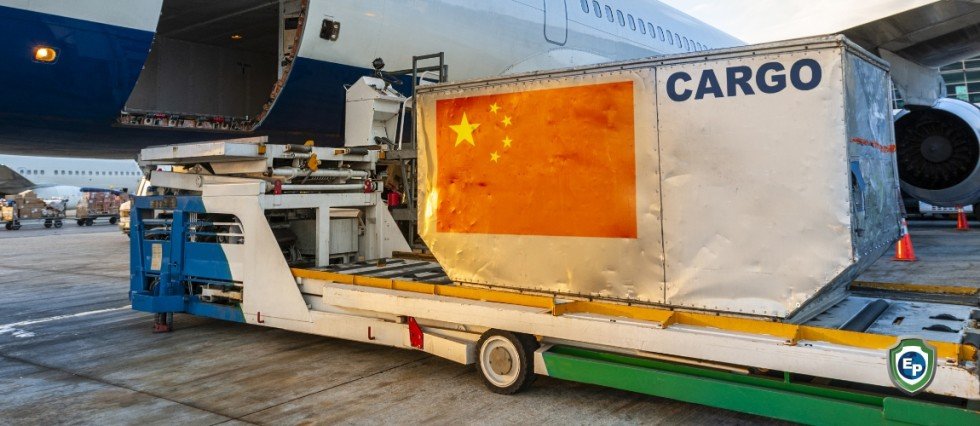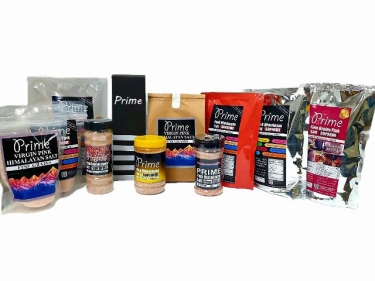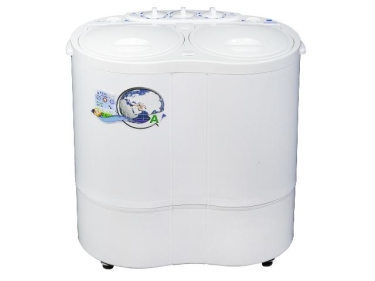New China Import Rules Bring Headaches for Food and Beverage Makers
The new import restrictions, which took effect on January 1st, have created an additional barrier for foreign enterprises bringing goods into China. Come read our blog to learn more.

Getting wine, chocolate, and coffee into China has become harder than ever. The new import restrictions that came into effect on January 1st, 2022, has added an extra hurdle for foreign companies bringing products into one of the world's largest markets for food and drinks.
A New Trade Barrier for Overseas Products
China's food imports have surged in recent years amid growing demands from a growing middle class. According to a report by the United States Department of Agriculture, in 2019, they were worth $89 billion, making China the world's sixth largest food importer.
However, it looks like bringing food into China is not becoming any easier for exporters. Since the beginning of 2022, all food manufacturers shipping their products to China have to register in advance with the customs authority, which is yet another barrier for international companies that have long complained of being unfairly penalized.
This extra hurdle was previously required only for products posing potential health risks, such as seafood. Now, under the new regulations, even products considered low-risk such as coffee, alcohol, honey, olive oil, chocolate, and several others need to be scrutinized.

Experts say this might be an effort to better oversee the large volumes of food arriving at Chinese ports and place responsibility for food safety on manufacturers rather than on the government. Nevertheless, no real explanation has been given by the Chinese authorities.
The European Union (EU) has requested more clarity and more time for implementation. So far, the General Administration of Customs of China (GACC) agreed that implementation should only apply to goods produced on or after January 1st, effectively granting a delay for products already shipped, though it has not yet published an official notification.
Businesses that export food products to China should carefully assess all requirements and stay up to date on developments on the GACC website to ensure continued compliance and non-disruption of the supply chain.
Export Portal Is Here for You
Whether you are looking for a new way to find international B2B trade partners or you want to stay informed on the latest updates in international trade, Export Portal is here to help. Subscribe to our newsletter to stay informed, or register for free today!


















Comments 2